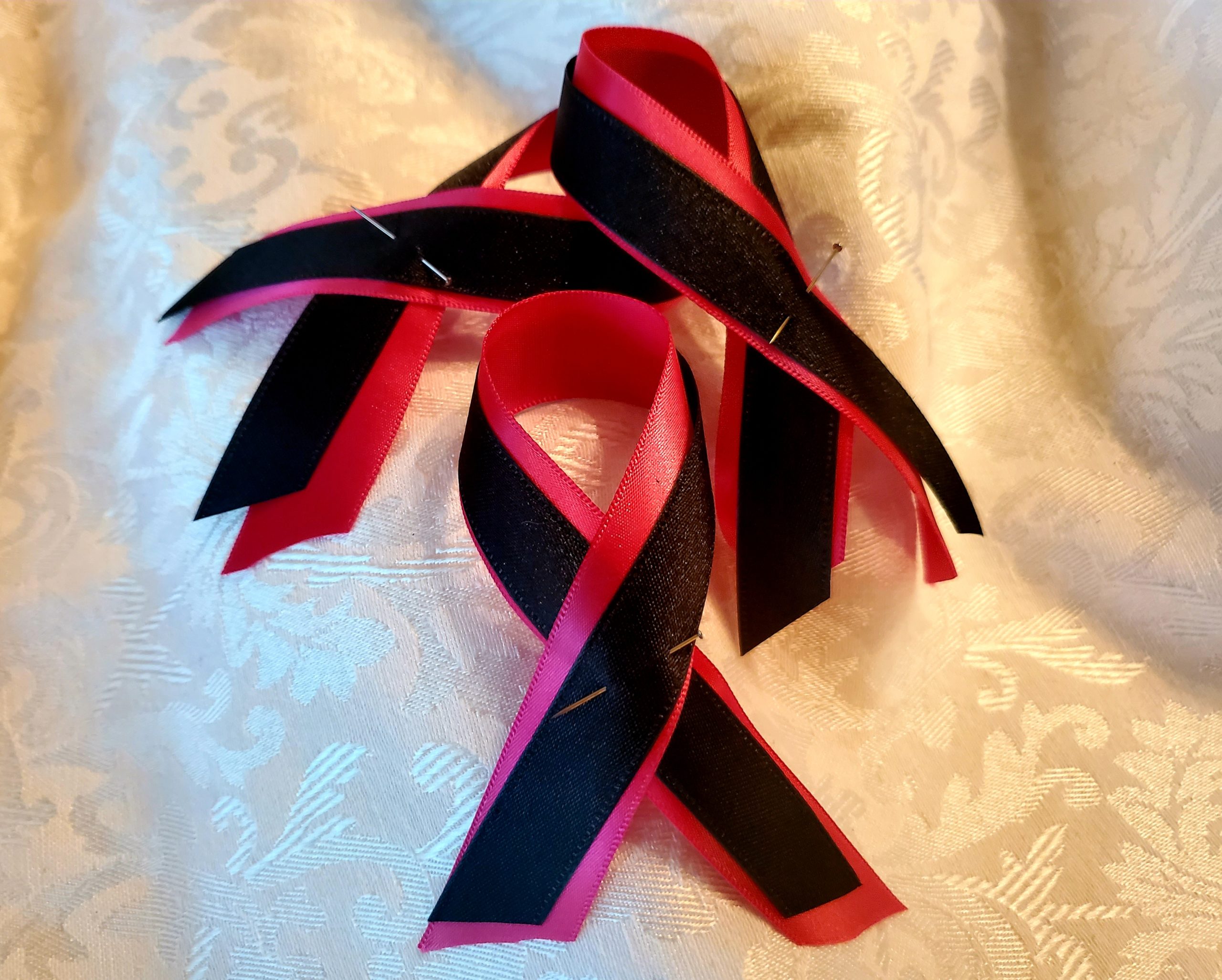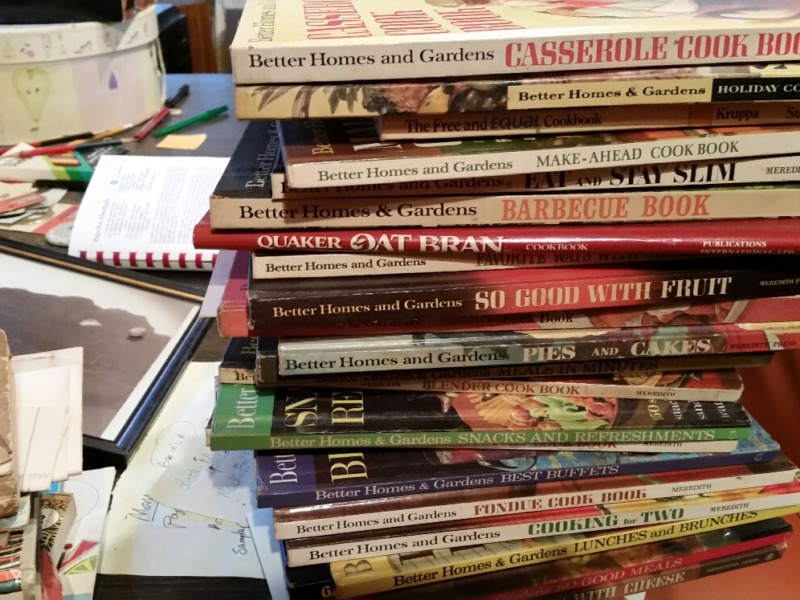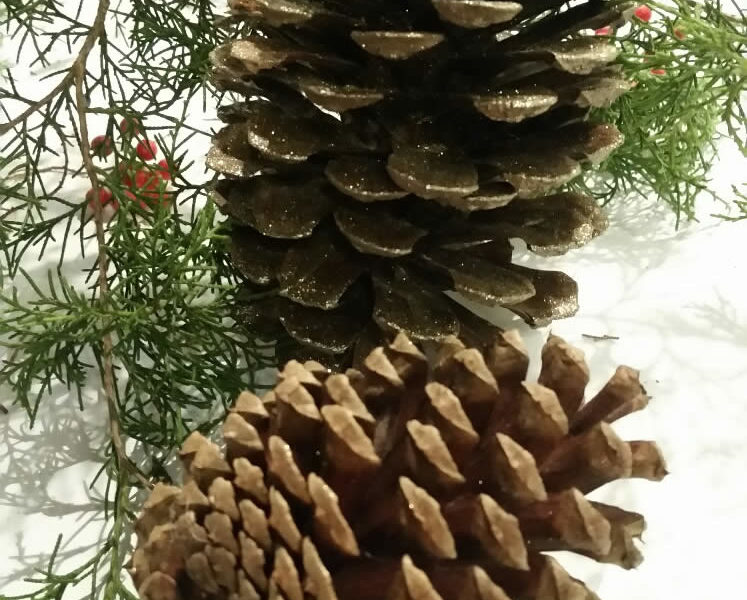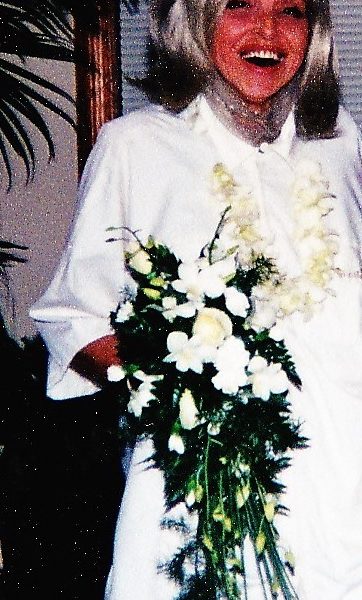Would someone please tell church leaders not to say “Happy Mother’s Day” to every woman as she arrives for worship service?
Please tell them they need a new script for the grieving. My mother is dead, and I am not a mother. And I am not alone in feeling left out by that welcome at the church door.
I feel left out, and more significantly, my story feels invisible and unimportant as I look into that smiling, joyful, oblivious face.
If you are one of those people or a church leader, I want to say that I know you mean well. But your welcome tells me you just don’t have dead mothers and mourning daughters and sons on your radar.
But you should. You really should.

The Task: Honoring Life, Acknowledging Death
Yes, I’m lashing out. If you are an “adult orphan” reader of the church-going persuasion, maybe you’ve felt like lashing out, too. Because you’ve likely run into this situation – or you’ve avoided it altogether.
For the 13 Mother’s Days that my mom has been dead, I’ve refrained from Sunday church most of those years to prevent being triggered. (I wrote about that and survival techniques I use here.) I am not qualified to stand and be honored as a mother. I don’t have the beauty of applauding my own mother as she is recognized with the group.
I’ve got nowhere to go with “Happy Mother’s Day.”
Please understand. I don’t want to minimize mothers. I want mothers to be honored.
I pondered this quandary a few days ago. How can living moms be recognized without trampling underfoot the feelings of people like me?
The Strategy: Using Mourning Symbols
My mind flooded with thoughts, but I eventually ended up on Google. I discovered there’s an old tradition used to signal whether a woman is mourning a dead mother instead of celebrating a living one. However, like many traditions, it has apparently faded. I’d never heard of it.
The tradition is for mourning (adult) children to wear white flowers while those with living mothers wear red flowers.
I want church leaders to take the initiative. Make this a thing.
We’re offered donuts every Sunday morning. How about the church offers a single white flower to be pinned that Sunday over the heart of the person who grieves on Mother’s Day?
Voluntarily, of course. No forcing people to display their grief symbolically or otherwise. Put up a sign, situate the biggest hearts and most calming smiles behind a table, and allow interested parties to walk up for a flower. Help them with the pinning, if they’d like.
Before I learned about the white flowers, I conceived of the notion to make what I learned are called mourning ribbons, black for death and deep pink to signify the loss of a mother.
This also is a thing I had never heard of, which tells me as a community we need more grief education and better access to symbols of mourning. Especially on triggering holidays.
The Results: Educated Churchgoers; Embraced Individuals
I visited my local crafts store and purchased rolls of black and pink ribbon. It was no problem creating one for myself and a few to offer my adult Sunday school members on Mother’s Day. I can’t exactly recommend “someone” do “something” at my church for the grieving unless I am willing to be a part of the solution.
What if the ribbons become the proverbial ripple from a rock tossed into a lake?
What if congregations informed their members ahead of time about the symbols they choose to use?
What if they offered alternative ways for churchgoers to greet and converse with those wearing white flowers or black ribbons? It might go something like this: “The Lord bless you this day,” or “The Lord comfort you this day.”
We don’t want anyone asking insensitive, prying questions, but a simple phrase of recognition would be acceptable. What a great opportunity this would be to educate folks about grief, and what a great way for more individuals to feel embraced at the church doors.
I see win-win all over this one.
I may even start coming to church on Mother’s Day every year.
What About You?
Would an educated congregation that offers symbols of mourning or some other recognition help you feel seen? Would it help you feel just a little more connected and comforted?
Leave a note in the comments. I’d like to know what you think.





 When Your Mother Dies: Navigating Life & Loss Without Her
When Your Mother Dies: Navigating Life & Loss Without Her
I really like your idea and something for bereaved mothers too, or even women who wanted and were unable to have kids. Something for us, I am having a meltdown getting happy mothers day messages
Hi, Violet. I appreciate your reaching out and affirming this idea. I hope now that that holiday is past, you are feeling better. It is a difficult situation – we got it going both ways! Each holiday for me is different, so I just take it as I come. You are not alone!!!!